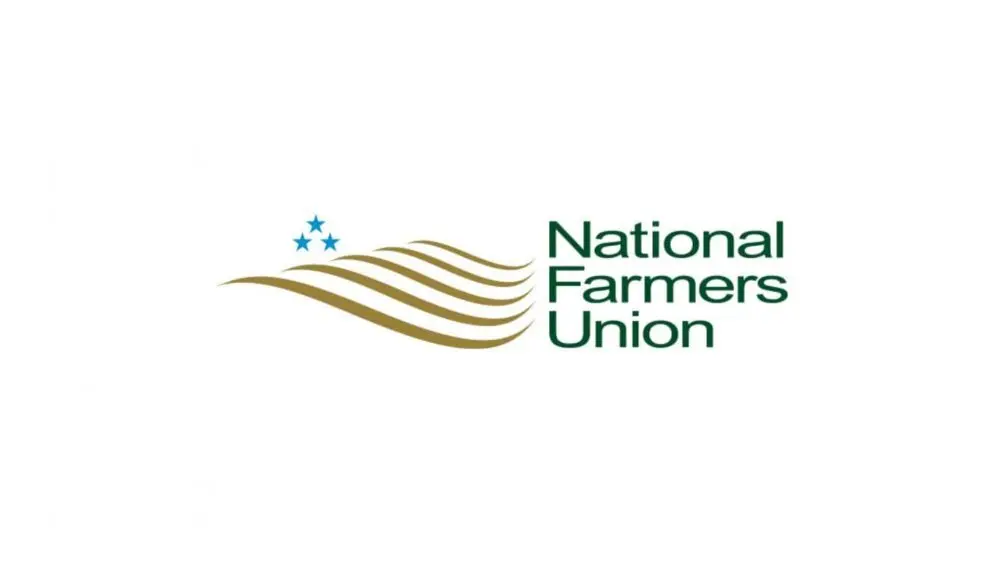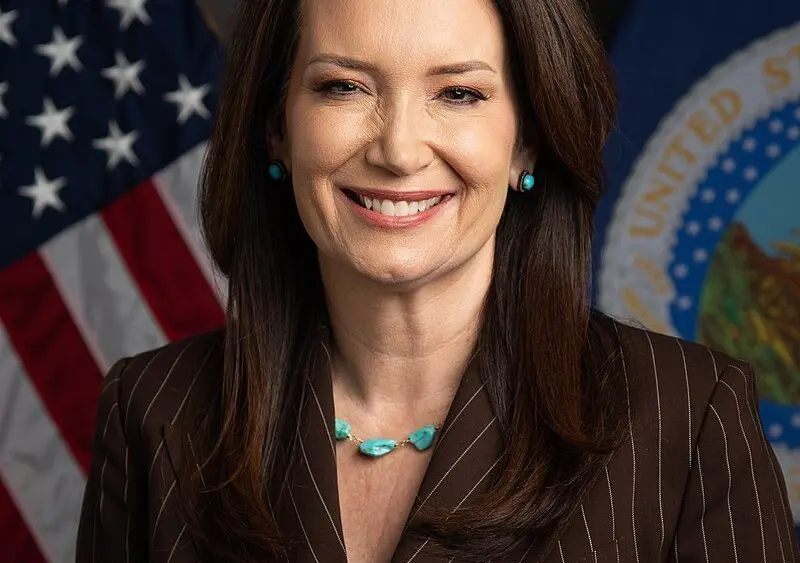PIERRE, S.D. (SDBA) — Foreign nationals and the governments of six “rogue” nations would be banned from purchasing agricultural land under a measure passed by a Senate committee Thursday.
The Senate Agriculture and Natural Resources Committee passed HB1231 6 to 0.
The bill also fixes a loophole in a 1979 law that allowed foreign corporations and limited liability companies from purchasing land in the state.
The banned nations in the bill are China, Russia, North Korea, Venezuela, Cuba, and Iran.
“By regulating foreign ownership of ag land, we can help maintain our state’s food security,” said the sponsor, Republican Sen. Erin Tobin from Winner. This is particularly critical during the times of national or global food crisis, when access to a secure and sufficient food supply becomes essential for our residents’ well-being.”
Tobin noted that state-level laws should be balanced, fair, and transparent, respecting domestic and international legal frameworks and trade agreements. She also said maintaining control over the state’s farmland was in the best interest of the environment and sustainable farming techniques.
Secretary of the Department of Agriculture and Natural Resources, Hunter Roberts, said South Dakota needed to act because the federal government wasn’t.
“The federal government only monitors acquisitions and land holdings through the Agriculture Foreign Investment Disclosure Act, which has proven to be unreliable as recently outlined by an investigation by the U.S. Government Accountability Office,” Roberts said.
He said that according to the latest AFIDA report, over 43 million acres of agricultural land in the U.S. is held by foreign investors. In 2015, foreign holdings in U.S. agricultural land increased by an average of 2.2 million acres annually, according to Roberts.
Roberts noted that Chinese investors’ holdings in U.S. agricultural land surged from 13,720 acres in 2010 to 352,000 acres in 2020. He said this land is worth about $1.9 billion, with over 100 countries having foreign investors with interests in U.S. land.
Roberts said that Canada and Mexico have more restrictive agricultural land ownership laws than the United States. He noted that a U.S. investor could only own 40 acres or less in Manitoba.
The Secretary also said he had a first-hand experience with the Chinese trying to spy on South Dakota’s agricultural prowess.
“In the summer of 2022, a Chinese delegation reached out to the Department of Ag and Natural Resources and GEOD and wanted to meet with us, wanted us to give tours of our food systems, meet with producers, our elevators, our processing facilities,” Roberts said. And, you know, at that time, tension with China was not great, so we decided that we weren’t going to do it.”
Roberts said a month later, as the time got closer, the Chinese reached out again with the help of a couple of South Dakota folks, and the department once again chose to avoid meeting with them.
He said two days before the department was scheduled to meet with them, U.S. Homeland Security reached out to the Department of Public Safety and the governor’s office to say that we should not meet with these entities.
“They are of the Chinese Communist Party, and they are here to spy on your infrastructure,” Roberts said Homeland Security told him. That surprised the heck out of me.”
The bill does have provisions for violators to sell their land. Compliance is through the DANR and the Attorney General’s Office. Foreign entities will have to report their land holdings to the Secretary of State.
The measure now goes to the Senate for further consideration. B1231 has already passed the House.




